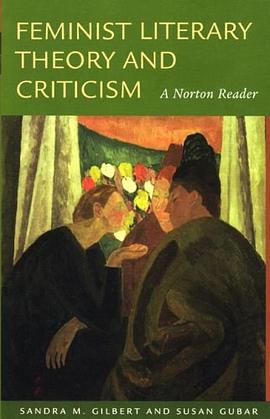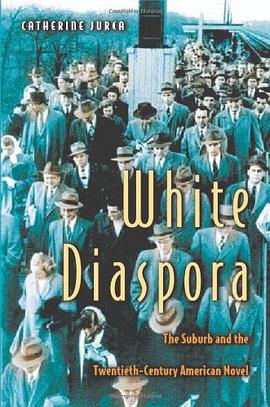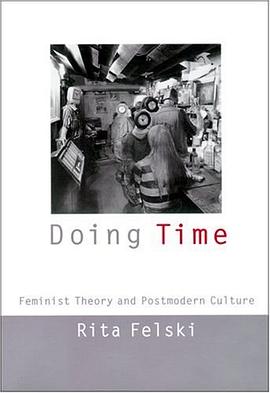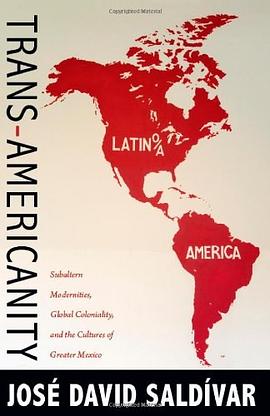

具體描述
This dramatic rereading of postmodernism seeks to broaden current theoretical conceptions of the movement as both a social-philosophical condition and a literary and cultural phenomenon. Phil Harper contends that the fragmentation considered to be characteristic of the postmodern age can in fact be traced to the status of marginalized groups in the United States since long before the contemporary era. This status is reflected in the work of American writers from the thirties through the fifties whom Harper addresses in this study, including Nathanael West, Anais Nin, Djuna Barnes, Ralph Ellison, and Gwendolyn Brooks. Treating groups that are disadvantaged or disempowered whether by circumstance of gender, race, or sexual orientation, the writers profiled here occupy the cusp between the modern and the postmodern; between the recognizably modernist aesthetic of alienation and the fragmented, disordered sensibility of postmodernism. Proceeding through close readings of these literary texts in relation to various mass-cultural productions, Harper examines the social placement of the texts in the scope of literary history while analysing more minutely the interior effects of marginalization implied by the fictional characters enacting these narratives. In particular, he demonstrates how these works represent the experience of social marginality as highly fractured and fracturing, and indicates how such experience is implicated in the phenomenon of postmodernist fragmentation. Harper thus accomplishes the vital task of recentering cultural focus on issues and groups that are decentered by very definition, and thereby specifies the sociopolitical significance of postmodernism in a way that has not yet been done.
著者簡介
圖書目錄
讀後感
評分
評分
評分
評分
用戶評價
相關圖書
本站所有內容均為互聯網搜索引擎提供的公開搜索信息,本站不存儲任何數據與內容,任何內容與數據均與本站無關,如有需要請聯繫相關搜索引擎包括但不限於百度,google,bing,sogou 等
© 2025 book.quotespace.org All Rights Reserved. 小美書屋 版权所有




















